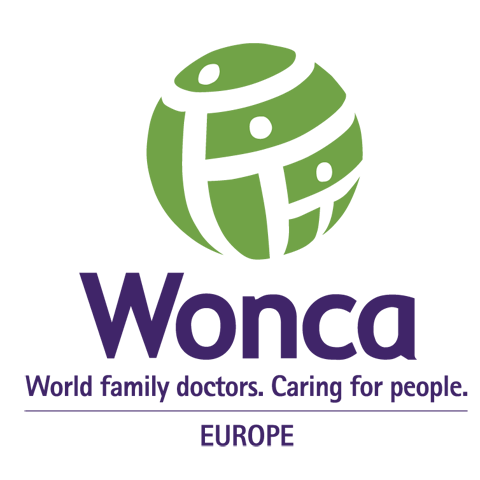WONCA Europe Position Paper on Overdiagnosis
 español
español
WONCA Europe under the leadership of Prof Johann Sigurdsson (from Iceland and Norway) have developed and endorsed a "Position Paper on Overdiagnosis and Actions to be Taken".
Position Paper on Overdiagnosis and Actions to be Taken
Modern medicine has brought impressive benefits to humankind. A side-effect of its many successes is however an unfounded, cultural belief that more medicine is necessarily better, irrespective of context. Consequently, problems related to “too much medicine”, overdiagnosis and overtreatment are on the rise. Ever more methods of surveillance, investigation and treatment become available, and health anxiety has become widespread. Unwarranted medical activity leads to unnecessary waste of resources, more inequalities in healthcare and, at worst, direct harm to patients and healthy citizens.
In order to avert the further escalation of overdiagnosis there is a need to reassess and disseminate new evidence on timely and appropriate diagnostic processes along with the communication skills needed to inform patients and their families about the relevant significance of their diagnoses.
Most general practitioners/family physicians (GPs/FPs) work in the clinical setting, which represents the patient’s first contact with the healthcare system, providing easy access and help with the whole range of health problems, regardless of age, sex and other personal characteristics. Furthermore, many GPs/FPs also carry administrative, academic and teaching responsibilities/opportunities. They may be involved in teams locally, regionally, nationally, and sometimes globally. In total, European GPs/FPs have many opportunities to influence the evolution of healthcare. This introduces a professional responsibility for GPs/FPs to observe and analyse the development, and take action.
WONCA Europe wants to strengthen the ability of GPs/FPs to exercise sound professional judgment in their clinical practice, informed by best evidence (The European Definition of General Practice / Family Medicine 2011). In that context, WONCA now puts the problem of overdiagnosis on the agenda, hoping to reach all influential stakeholders, including health professionals, health authorities, the mass media, and the general population.
WONCA Europe acknowledges that many GPs/FPs work in regions with scarce resources and poor access to appropriate and timely medical investigations and care. This might result in delayed diagnoses, delayed “all clear”, and distress both for patients and doctors, and in such settings, increased use of medical resources is evidently warranted. It is important to note, however, that underdiagnosis and overdiagnosis may exist side by side, even in the same clinical settings. The problems have different drivers and mechanisms but are nevertheless interlinked. In conclusion, preventing overdiagnosis must involve the allocation of medical resources as effectively as possible for the benefit of population health, while incorporating the ethos of the following three principles:
• Overdiagnosis means making people into patients unnecessarily, by identifying problems that were never going to cause harm (overdetection) or by medicalising ordinary life experiences through expanded definitions of diseases (overdefinition) (see further definitions and clarifications in the supplementary material below).
• Overdiagnosis decreases the quality of healthcare, endangers patients, increases perceptions of disability among patients, and undermines public health. In order to fulfil their professional role as gatekeepers and coordinators for the citizens’ use of healthcare services, GPs/FPs are hereby encouraged to recognise and minimise overdiagnosis.
• Along with other stakeholders, GPs/FPs have an important role in informing both healthcare authorities, fellow professionals and the wider public that a vision of no medical risks in life (a medical “zero vision”) is unrealistic and potentially harmful. Some unfortunate cases of potentially preventable disease will continue to arise, even in affluent settings with well-functioning healthcare.
*References and supplementary text in full document.
See full document